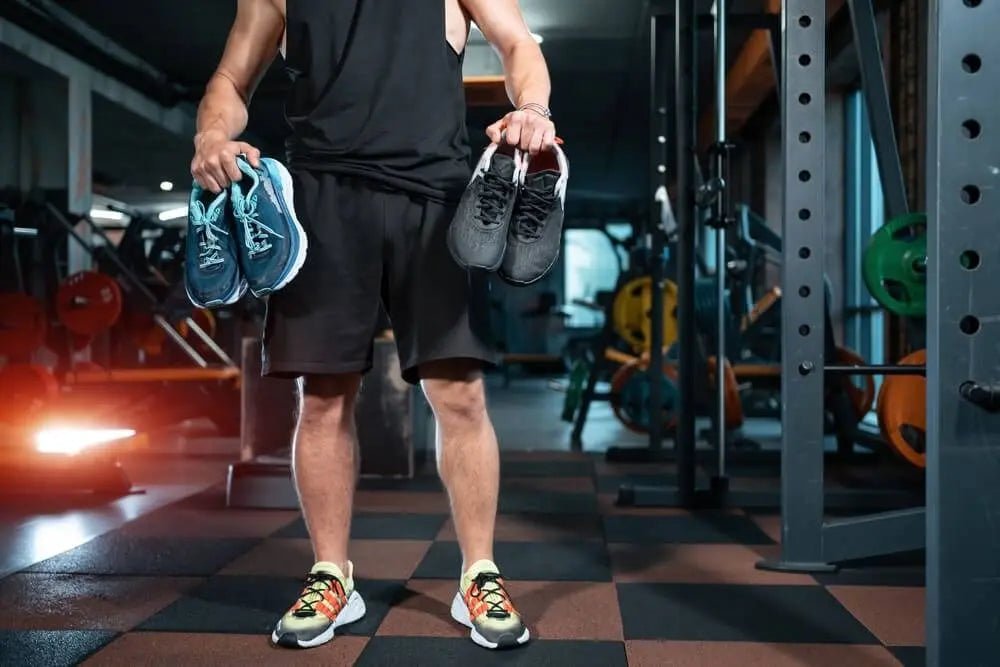
DISTINGUISH BETWEEN SPORTS SHOES & TRAINING SHOES. WHEN SHOULD YOU WEAR TRAINING SHOES?
Depending on each person's training schedule and preferences, choosing the right time to use regular sneakers or specialized training shoes is very important. So how are training shoes different from regular sneakers? To find the right pair of shoes for yourself in your next workout, let's explore the differences below with Celidior.
1. What are training shoes?
While athletic shoes are often designed specifically for a specific sport, such as running, training shoes are versatile and can be used for a variety of activities.
Training shoes have special features that make them suitable for a variety of physical activities.
"Training shoes provide support, stability and injury reduction for activities such as weightlifting, cardio, aerobics, circuit training and other cross-training exercises," says Nixion Kangethe Keziah, ISSA-certified personal trainer at The St Regis Maldives Vommuli Resort. They are also ideal for general fitness and flexibility gym workouts.
For runners who train regularly and compete in races, dedicated running shoes are the best choice. However, on off days when you are lifting weights, cross-training or taking part in cardio dance classes, dedicated training shoes are more appropriate.
2. Features and Benefits of Training Shoes
Training shoes offer many benefits to your workout. According to Nike.com, “Training shoes typically have a flat sole, a low heel, and greater flexibility.”
“Training shoes focus on providing support and stability for multidirectional movements,” explains Nixion Keziah, a personal trainer. “They also provide cushioning to reduce impact on joints during intense workouts. Many training shoes also feature breathable materials that allow air to circulate, keeping your feet cooler while you work out.”
“Training shoes also help improve posture, increase safety, and improve the quality of your workout,” explains Tal Short, product manager of training shoes at Reebok.
3. When should you wear training shoes?
When participating in high-impact exercises, weight lifting or plyometric exercises, you should choose training shoes instead of regular sneakers. Nixion Keziah recommends assessing the specific requirements of your training to choose the right footwear that provides optimal safety, support and performance.
4. What to Look for in a Training Shoe?
Do a little research and try out a few different models, says Alison Scudds, a professional athlete for Reebok and CrossFit. First, get a comfortable fit. “Everyone’s feet are a little different, but I like a flat, stable sole to maximize power when lifting weights. But they’re also lightweight and flexible enough to be used for running.”
Don’t forget to take your personal style into account when choosing a training shoe. “I only bring one pair of training shoes on long trips,” says Scudds, who loves the Reebok Nano X3. “They work for everything from CrossFit to running, squatting, pickleball, frisbee, golf, and socializing.”


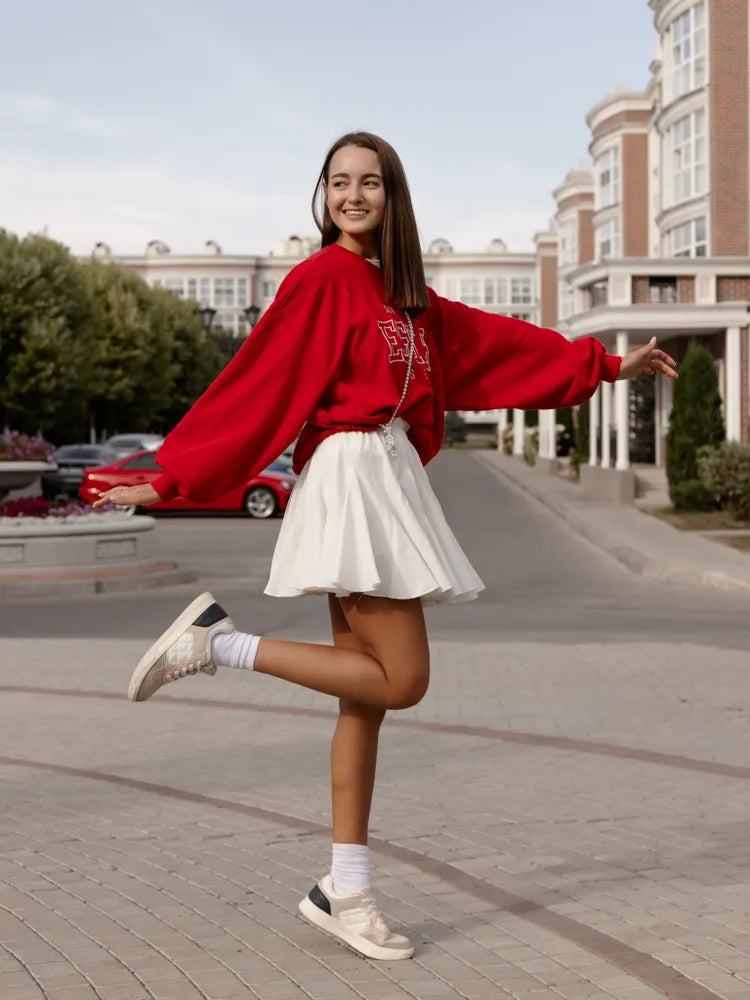

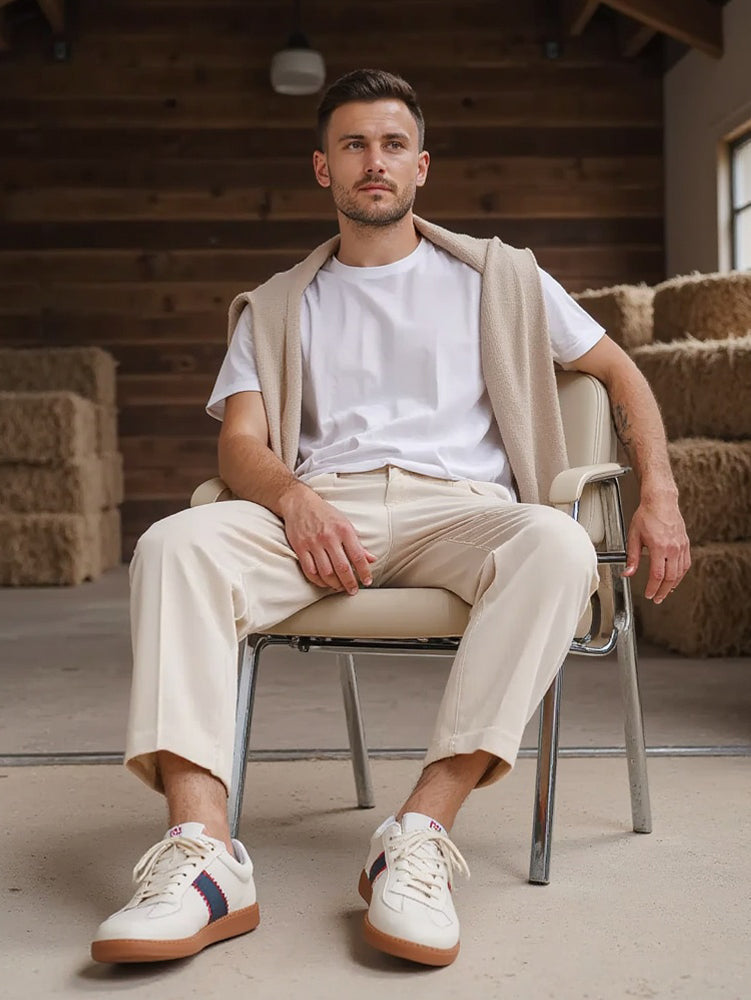
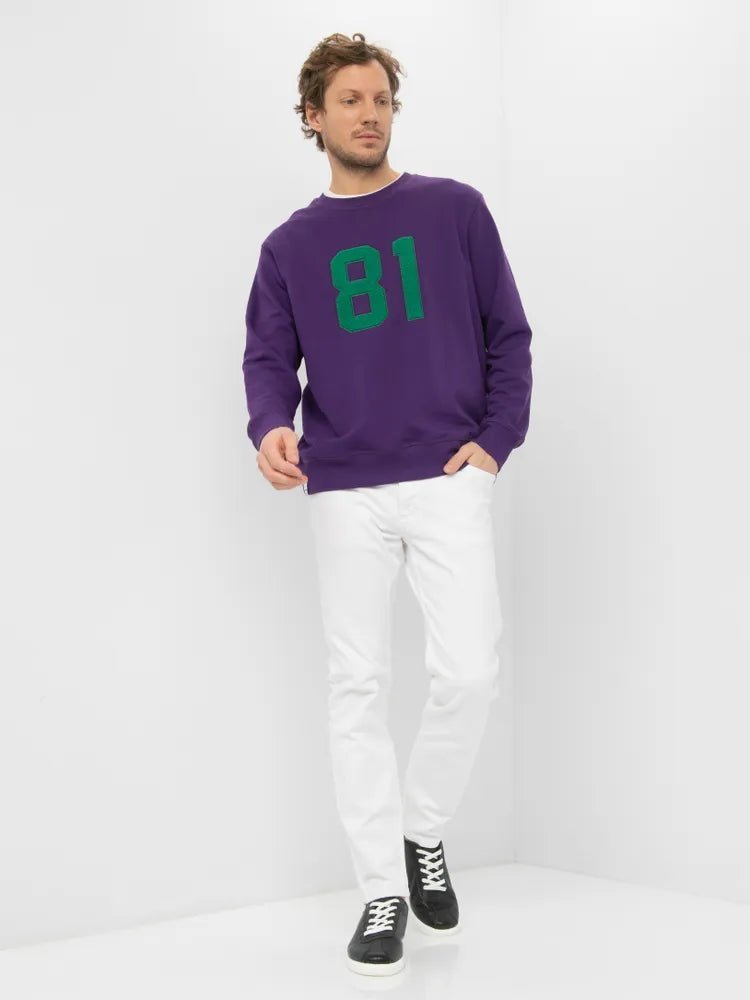
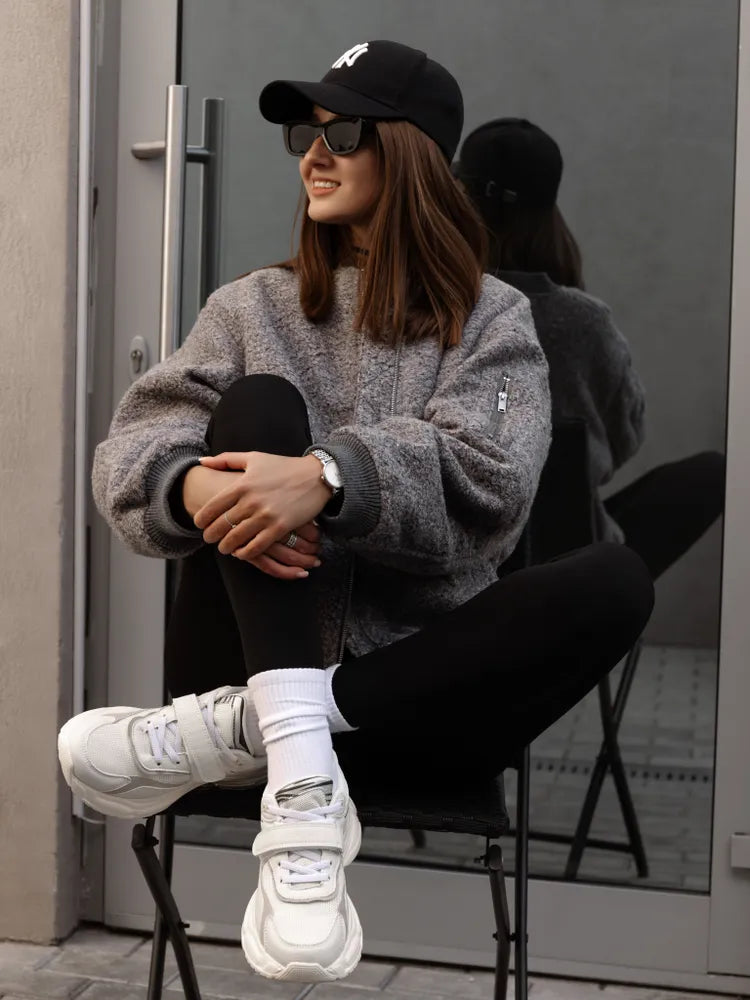
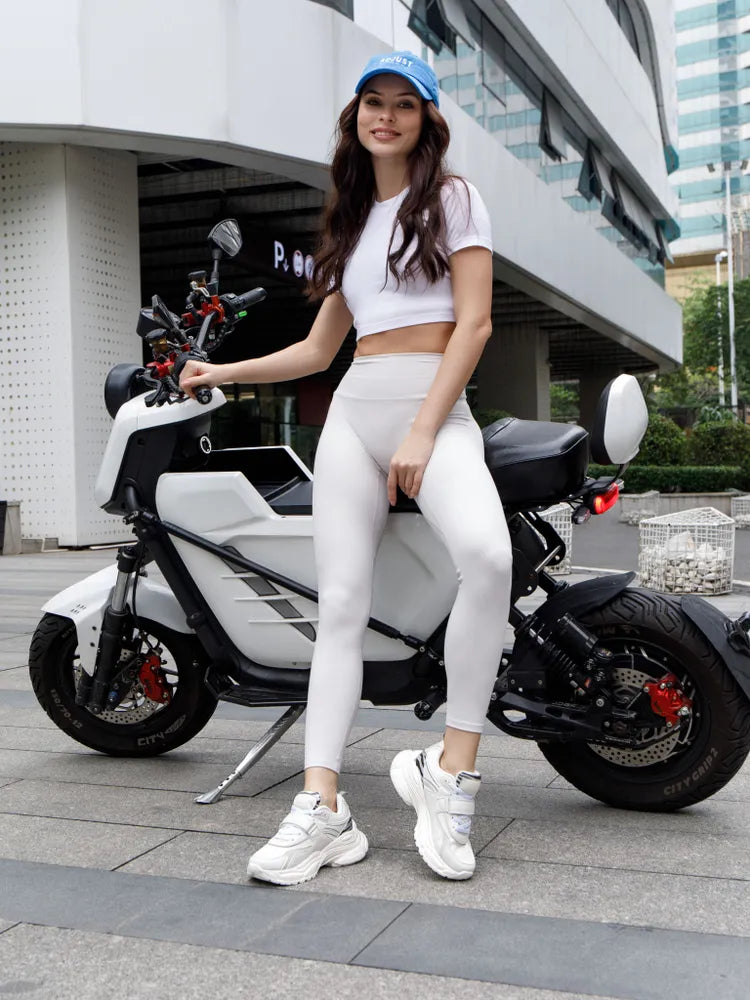

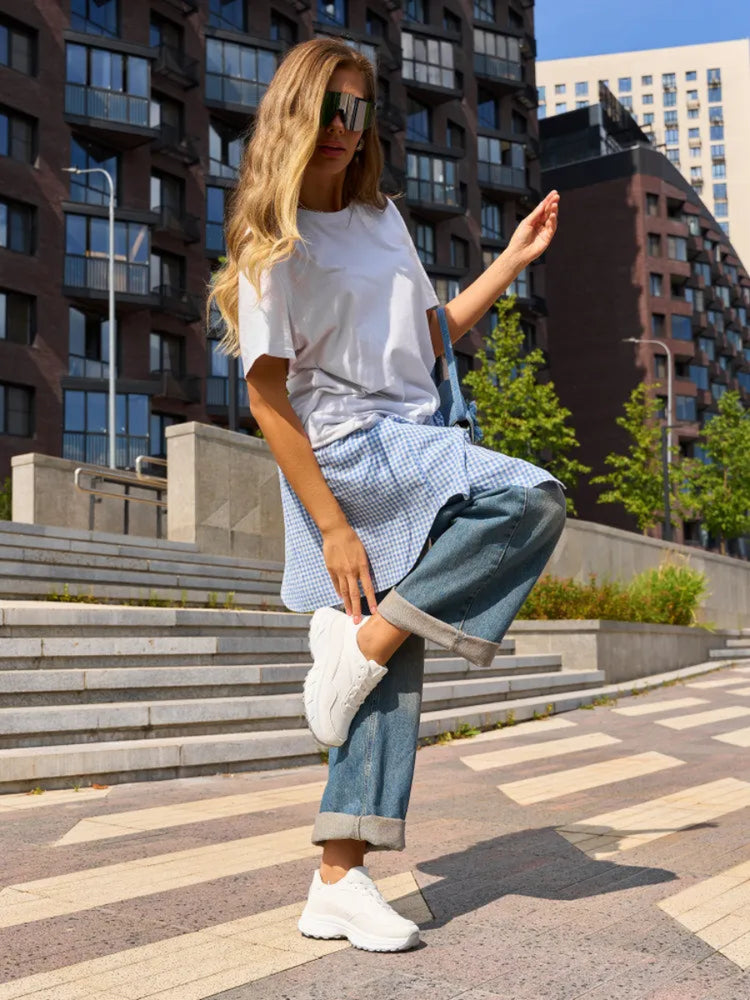

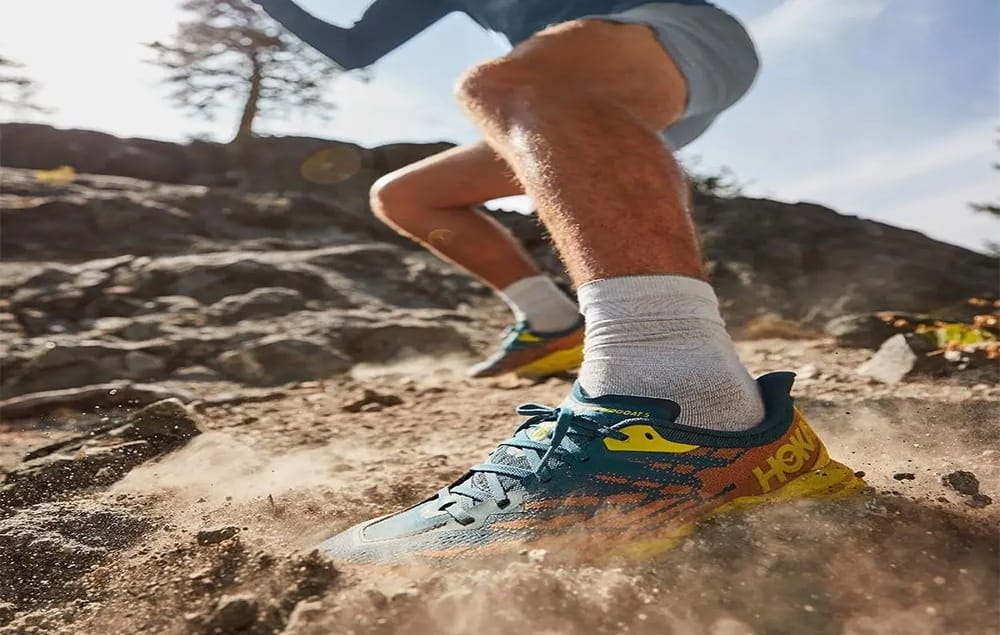
Leave a comment
This site is protected by hCaptcha and the hCaptcha Privacy Policy and Terms of Service apply.